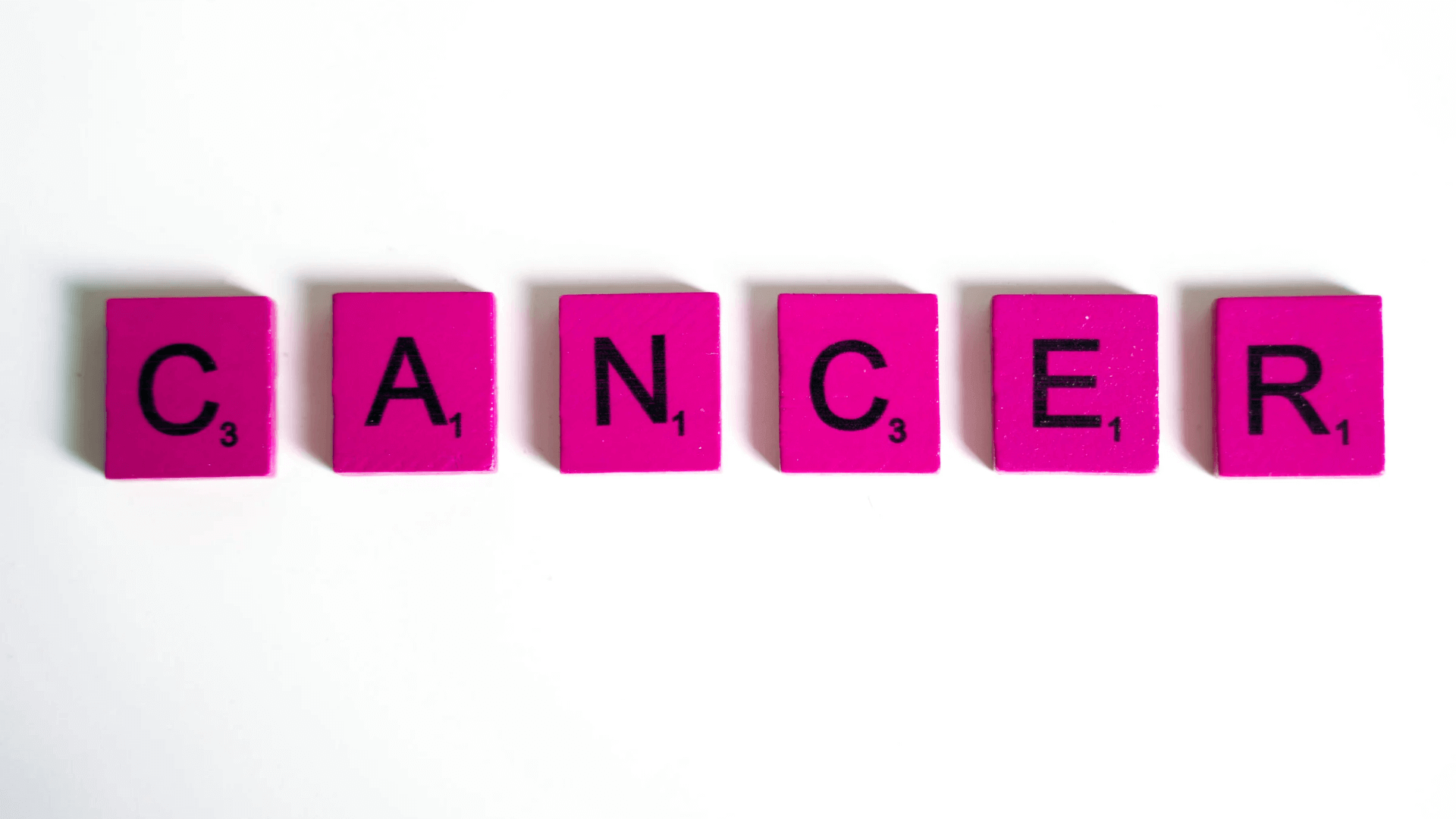Cancer is a large group of diseases in which some cells in the body grow abnormally and have a potential to spread to other parts of the body. According to the WHO, there are three categories of the external agents that interact with the genetic factors of a person and result in the transformation of the normal cells into cancer cells. These include:
- Physical carcinogens (carcinogen means cancer causing agent), like ionizing and ultraviolet radiations
- Chemical carcinogens like aflatoxins (toxins produced by fungi found on food crops like maize, peanuts, tree nuts, and cotton seeds), arsenic (a naturally occurring element found as contaminant in drinking water, soil, and air), tobacco smoke components, and alcohol.
- Biological carcinogens, infections caused by bacteria, viruses, and other parasites.
Is cancer caused by a virus or bacteria?
So yes, viruses and bacteria cause some cancers. Some estimations show that about 16% of cancers are caused by bacteria or viruses. Viruses that cause cancers are known as oncoviruses. The following are the major known cancer-causing viruses:
🔬 Subscribe to SciMail
Get the latest science discoveries straight to your inbox!
- Epstein-Barr Virus (EBV) is a herpes virus (orally transmitting), which spreads through saliva. Infections caused by EBV increase the risk of stomach cancer, Burkitt lymphoma, and some types of Hodgkin’s and non-Hodgkin’s lymphoma (cancers that start in the lymphatic system, which is part of the germ-fighting immune system in the human body).
- Hepatitis B Virus (HBV) spreads through the infected body fluids, such as blood, semen, and other body fluids. HBV is one of the main causes of liver cancer.
- Hepatitis C Virus (HCV) spreads through the infected blood. It is a major cause of liver cancer and non-Hodgkin’s lymphoma.
- Human Immunodeficiency Virus (HIV) spreads through the infected blood, semen, veginal fluid, and breast milk. This virus does not cause cancer directly. However, it destroys the immune system of the body and weakens it to fight against other oncoviruses, increasing the risk of cancers. Cancers associated with HIV include Hodgkin’s and non-Hodgkin’s lymphoma, cervical cancer, Kaposi Sarcoma, and mouth, throat, lung, liver, and anal cancers.
- Human Herpesvirus 8 (HHV-8) is associated with Kaposi sarcoma (cancer of the skin and mucous membrane) in people with a weak immune system, including the patients of HIV.
- Human Papillomavirus (HPV). There are at least 12 strains of this virus that cause cancers of throat, anus, cervix, penis, vagina, and vulva.
- Human T-cell leukemia virus type OR Human T-lymphotropic virus (HTLV-1) is associated with leukemia or lymphoma (cancers of the blood forming tissues; bone marrow and lymphatic system). It spread through infected body fluids, such as blood, semen, veginal fluid, and breast milk.
Bacteria that cause cancer are known as carcinogenic bacteria. There is some evidence that bacteria may be directly involved in causing cancer. The most powerful evidence is the bacterium Helicobacter pylori or H. pylori, which has a role in gastric cancer. This bacteria colonizes in the stomach and duodenum of humans and causes stomach cancer and MALT lymphoma in some cases. Mycoplasma bacteria are believed to have a role in causing different types of cancer.


Leave a Reply